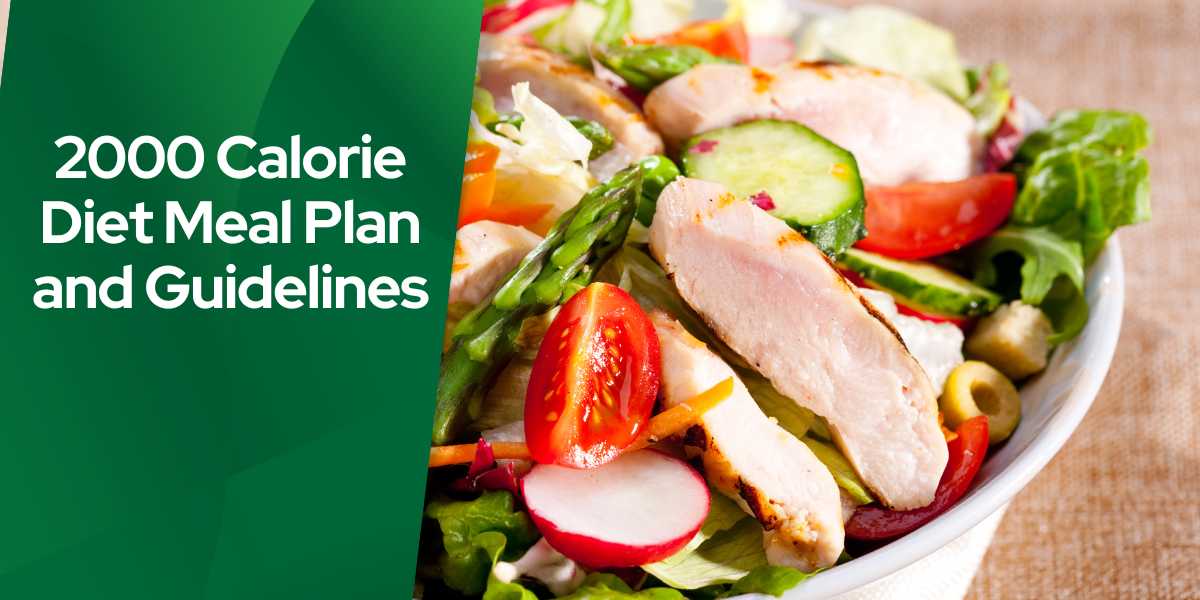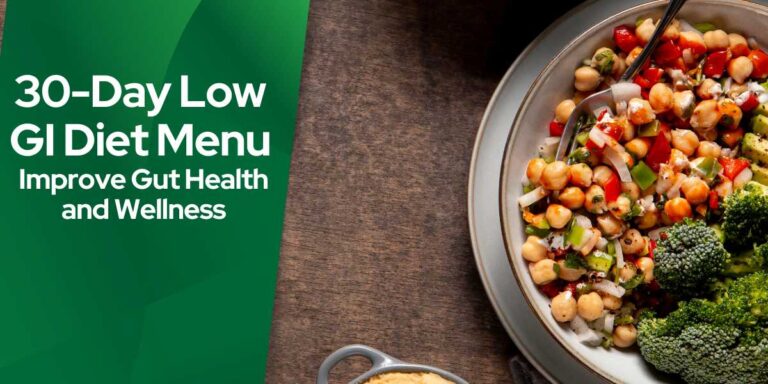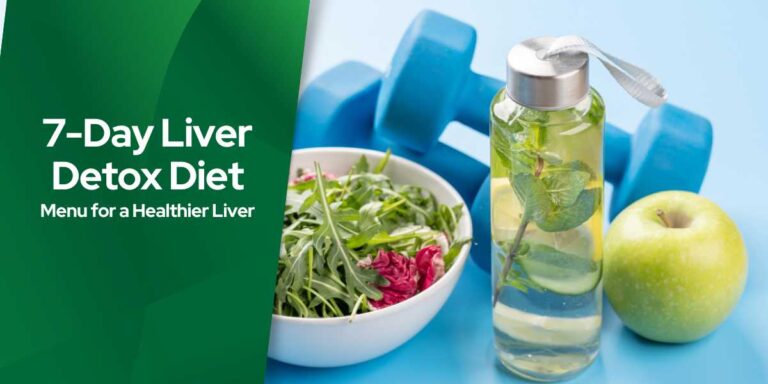2000 Calorie Diet Meal Plan and Guidelines
A 2,000-calorie diet is generally seen as a standard consumption benchmark for adults seeking balanced nutrition for weight maintenance and overall health. This calorie amount is used as a guideline on nutrition labels, but individual needs may vary based on several factors like age, gender, lifestyle, health goals, and physical activity levels. Whether you’re aiming to lose weight, maintain it, or simply improve your dietary balance, understanding how to implement this diet effectively is key.
Understanding the 2000-Calorie Diet
This dietary approach is rooted in recommendations from the Dietary Guidelines designed to cover the average energy needs of adults. The focus is not merely on calorie quantity but also on ensuring quality intake of macronutrients and micronutrients. It serves as a convenient reference for comparing nutrient contents of packaged foods, which declare their nutrition facts based relative to this caloric value.
Why Your Calorie Needs May Differ
Calorie requirements are not set in stone and can fluctuate based on multiple personal factors. Here’s a funny thought: imagine your body as a car. Some days it functions like a fuel-efficient hybrid on minimal energy, and other days it’s a gas guzzler during high-intensity activities. The variables that alter calorie needs include metabolic rate, exercise frequency, body composition, and even environmental conditions. During growth phases like adolescence or pregnancy, higher energy intake might be necessary.
Nutritional Focus of a 2000-Calorie Diet
Instead of solely counting calories, the emphasis should be on nutrient-rich foods. A 2,000-calorie diet encourages a robust intake of vegetables, fruits, lean proteins, whole grains, and healthy fats. Including diverse plant-based and lean animal proteins can enhance muscle maintenance and support metabolic health. Don’t worry if vegetables aren’t your best buddies yet; it’s like forming a band – it requires patience but yields fantastic results!
Foods to Include & Avoid
To ensure a well-rounded diet, prioritize whole foods that are rich in essential nutrients. On the flip side, it’s wise to minimize or avoid items offering “empty calories”. Such foods are high in added sugars or unhealthy fats, providing calories without significant nutritional benefit.
- Whole grains – oats, quinoa, barley
- Fruits and Vegetables – apples, berries, leafy greens
- Lean Proteins – fish, chicken, tofu
- Healthy Fats – avocados, nuts, olive oil
Avoid or limit these:
- Processed snacks and sugary drinks
- Fast food options high in trans fats
Sample 5-Day Meal Plan
This sample meal plan showcases how you can distribute calorie intake evenly across meals including breakfast, lunch, dinner, and snacks, aiming for nutritional balance and satiety.
| Day | Meal | Components |
|---|---|---|
| Monday | Breakfast | Omelet with spinach and mushrooms, whole-grain toast |
| Lunch | Quinoa salad with tuna and vegetables | |
| Dinner | Grilled salmon with wild rice and broccoli | |
| Tuesday | Breakfast | Greek yogurt with honey and berries |
| Lunch | Whole-wheat wrap with chicken and avocado | |
| Dinner | Lentil soup and mixed green salad |
This plan is not only about the calorie reality but also the quality of food enriching your body. Remember the proverb “You are what you eat”? Well, keep it colorful and varied! Also, enjoy treats in moderation – not as frequently as that beloved sitcom rerun, but enough to keep your spirit light.
Benefits of a 2000-Calorie Diet
The advantages of following this plan extend beyond basic nutrition:
- Facilitates weight management
- Promotes healthy aging through balanced nutrient intake
- Supports physical activity by replenishing essential energy stores
- Enhances cognitive function and mood with a stable intake of carbs and proteins
Survival tip from Mother Nature: Balance in consumption optimizes your body’s resilience against fluctuating demands and reduces risks associated with overeating or under-eating.
Challenges & Considerations
While the framework of a 2,000-calorie diet appears universal, not every superhero’s cape fits all. Adjusting your calorie intake is necessary if this amount doesn’t align well with your lifestyle. Particularly for those pursuing aggressive weight changes or possessing specific health conditions, personalizing your diet is vital.
Consultation with nutritional experts can facilitate tailoring your diet to meet your unique needs. Remember, embarking on any diet plan isn’t about restricting joy but fortifying your well-being.
Staying on Track
Integration of meal planning and preparation can significantly aid in maintaining consistency with your diet. Setting aside a day for shopping and prepping can save time and prevent impulsive, unhealthy eating. Aim for meals high in vital nutrients with the flexibility to cater to individual preferences. Think of it like a meticulously planned movie night with a good mix of appetizers and perhaps a guilty pleasure!
Conclusion
A 2,000-calorie diet is a versatile dietary template capable of accommodating various health objectives and preferences. Over time, you might discover more about your body needs, ultimately leading to informed adjustments and intentional eating. The secret is making food your ally in the journey to wellness, aware that it nourishes more than just your hunger but involves your mind and spirit too.



